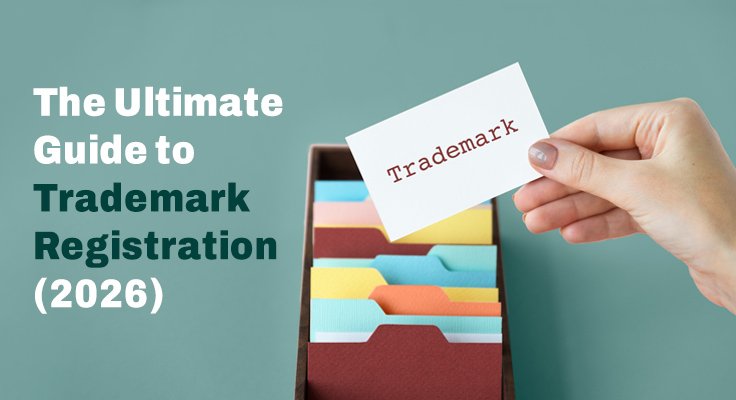The USA Leaders
August 20, 2025
Miami – In an unexpected turn that has put one of the world’s largest retailers under a microscope, the Walmart Shrimp Recall of August 2025 is raising serious questions about the safety and oversight of imported food.
When the phrase Walmart Shrimp Recall started trending across news wires this week, few expected the words “radioactive contamination” to be attached. Was it an isolated issue or a warning signal about international supply chain oversight?
The discovery of Cesium-137 — a radioactive isotope typically linked to nuclear fission — in imported frozen shrimp has raised serious concerns and triggered one of Walmart’s most significant recalls in recent years. This comes after the recall of canned tuna in February 2025.
What Triggered the Walmart Shrimp Recall?
Federal authorities initiated the recall after U.S. Customs and Border Protection detected Cesium-137 in shipping containers originating from Indonesian seafood supplier PT. Bahari Makmur Sejati (BMS Foods). Additional sampling of breaded shrimp at major ports — including Los Angeles, Houston, Miami, and Savannah — confirmed the presence of the radioactive compound.
While the detected radiation levels (approximately 68Bq/kg) remain far below the FDA’s intervention threshold (1,200Bq/kg), officials emphasized that any exposure to radioactive isotopes over time can carry cumulative health risks. The FDA moved quickly to coordinate with Walmart to remove the impacted products from store shelves.
Which Products Are Affected?
Walmart has pulled the following Great Value frozen shrimp products from stores in 13 U.S. states:
- Product Type: Raw Ez Tail-On-Raised Vannamei Shrimp
- Brand: Great Value
- Lot Codes: 8005540-1, 8005538-1, 8005539-1
- Best-by Date: March 15, 2027
The products were sold in Alabama, Arkansas, Florida, Georgia, Kentucky, Louisiana, Missouri, Mississippi, Ohio, Oklahoma, Pennsylvania, Texas, and West Virginia.
Customers who purchased these products are advised not to consume them and to return them to Walmart for a full refund.
Why Cesium-137 Is a Concern — Even at Low Levels
Cesium-137 is a byproduct of nuclear power production and can cause DNA damage if ingested repeatedly over time. While the detected levels in the recalled shrimp pose no immediate acute threat, long-term exposure — even at low doses — may increase the risk of cancer.
Other potential long-term effects can include:
- Slightly elevated risk of cardiovascular disease
- Possible immune system impacts over decades
- Rare instances of heritable genetic effects
Regulators stress that the precautionary recall is designed to minimize cumulative exposure, not react to a one-time health emergency.
How Is Walmart Responding to the Shrimp Recall?
Walmart has activated its full recall protocol — immediately blocking sales of impacted lots, notifying distribution centers, and placing in-store notices. Customers have reported that refund requests are being processed efficiently, even for those without original receipts.
Key steps taken:
- Affected shrimp removed from all physical and online platforms
- Notifications issued through website alerts and targeted customer outreach
- Refunds or replacements provided with minimal proof of purchase
- No time restrictions for recall-related refunds
This customer-centric approach aligns with Walmart’s broader recall policy, which has been praised in past incidents for its clarity and responsiveness.
What Happens Next?
Regulators in both the United States and Indonesia are investigating how Cesium-137 entered the seafood supply chain. One theory centers on potential cross-contamination during processing, storage, or transport — areas now under intensified inspection.
Importantly, the FDA has already banned shipments from PT. Bahari Makmur Sejati until the investigation is complete and corrective measures are verified.
What Should You Do?
- Do Not Eat the affected shrimp products.
- Return them to Walmart for a full refund or discard them safely.
- Consult a healthcare provider if you believe you have consumed a contaminated product and are concerned about potential exposure.
- Contact Walmart customer service or the FDA for additional information about this recall.
Final Takeaway
The Walmart shrimp recall underscores the hidden vulnerabilities in global food supply chains — and the importance of swift regulatory action when quality lapses occur. While the immediate health risks are low, the incident raises a larger question: how prepared are major retailers to prevent future contamination in an increasingly interconnected world?
For now, the safest move is clear — if the shrimp’s lot code matches the recall notice, it’s better to return it than to risk long-term exposure.
Also Read: Tourism Decline in Las Vegas Fears Hoteliers: Is This Trump’s Tariffs Effect?





























